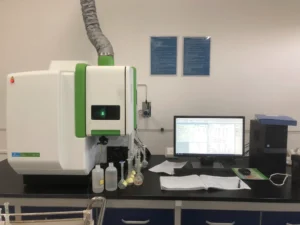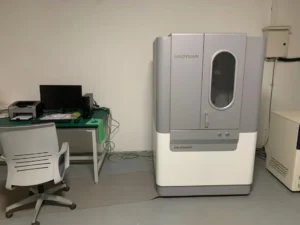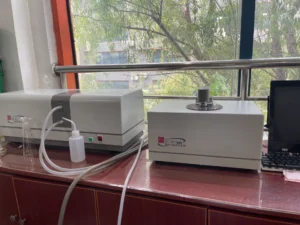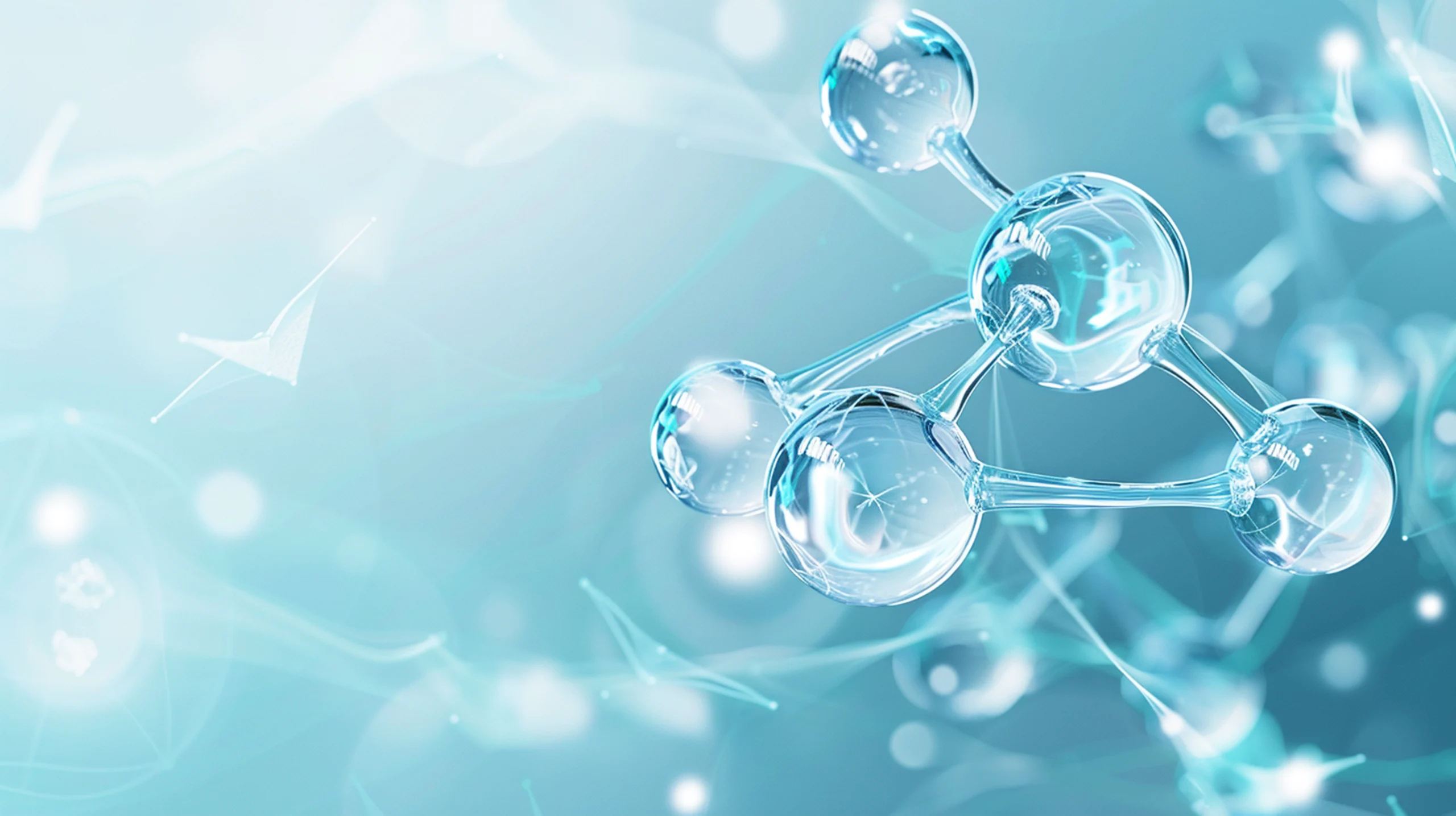Chemical Analysis
We provide a standard Certificate of Analysis (COA) for each batch. This is to ensure that the composition and properties of the material are consistent with the customer’s objectives. In addition, to meet the highest levels of quality assurance and material characterisation, we offer a full range of in-house and collaborative chemical and structural analysis services. These services support both standard product quality control and customer evaluation requirements for custom or high specification materials.
Our analytical services include:
ICP-OES / ICP-MS (Inductively Coupled Plasma Emission Spectrometry or Mass Spectrometry)
These methods are essential for accurate quantitative elemental analysis for the determination of major and trace elements in powders and bulk materials.
ICP-OES is ideal for rapid multi-element scans.
ICP-MS offers ultra-trace sensitivity down to the ppb/ppt level for ultra-high purity metals, oxides and dopant compounds.
Critical in validating purity grades from 3N to 5N and beyond.

GDMS (Glow Discharge Mass Spectrometry)
An advanced technique for the analysis of impurities in high-purity solids.
Detects a wide range of elements with sensitivities from sub-ppm to ppb levels.
Ideal for verifying the purity of sputtering targets, metal ingots and semiconductor materials.
Supports direct solids sampling to minimise preparation errors.
Used to characterise the crystal structure and phase purity of materials.
Identifies target phases and detects unwanted polymorphs or secondary phases.
Allows lattice analysis, grain size estimation and strain assessment.
Suitable for oxides, sulphides, chalcogenides and composite ceramics.

PSD (Particle Size Distribution – Laser Diffraction)
Accurately measure the particle size distribution of powdered materials.
Reports D10, D50, D90 values, spans and full distribution curves.
Essential for optimising sintering behaviour, flow and coating properties.
Suitable for fine metal powders, ceramic precursors and nanostructured materials.

SEM (Scanning Electron Microscopy)
Provides high-resolution imaging of surface morphology and microstructure.
Reveals particle shape, agglomeration, porosity and surface texture.
Often used in conjunction with EDS (Energy Dispersive X-ray Spectroscopy) for elemental distribution and compositional analysis.
Supports R&D and troubleshooting.
BET (Bruno Emmett Taylor Specific Surface Area Analysis)
Measures specific surface area (m²/g) based on nitrogen adsorption isotherms.
Key to assessing the reactivity, porosity and surface-related properties of catalytic materials, porous powders and battery additives.
Particularly important in applications involving ion exchange, gas storage or surface coating.
Test support and documentation
Detailed test reports are available for all analyses and can be incorporated into Certificates of Analysis (COA) upon request.
We offer third-party laboratory testing and validation services to meet customer-specific or regulatory requirements.
Our technical team can interpret test results and assist with material optimisation based on the analysis.
Application Scenarios
- Purity certification of high performance targets and powders
- Physical phase confirmation of custom synthesised compounds
- Quality assurance of batch-to-batch consistency
- Failure analysis and customer complaint resolution
- R&D support for novel materials
With state-of-the-art analytical tools and professional support, ULPMAT ensures that every material we supply is fully characterised, reliable and ready for use in high performance applications.
Contact us
More Information
- PHONE:+86-29-88993870
- WHATSAPP:+8618291498609
- E-MAIL:sales@funcmater.com
- ADDRESS:A11, 5th Floor, Building 5, Digital China Xi’an Science Park, No. 20 Zhangba 4th Road, High-tech Zone, Xi’an, Shaanxi, China.

